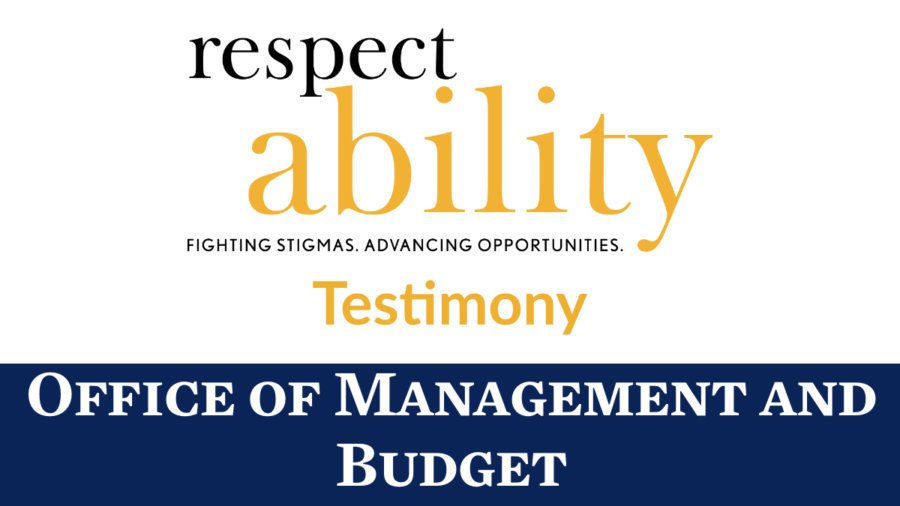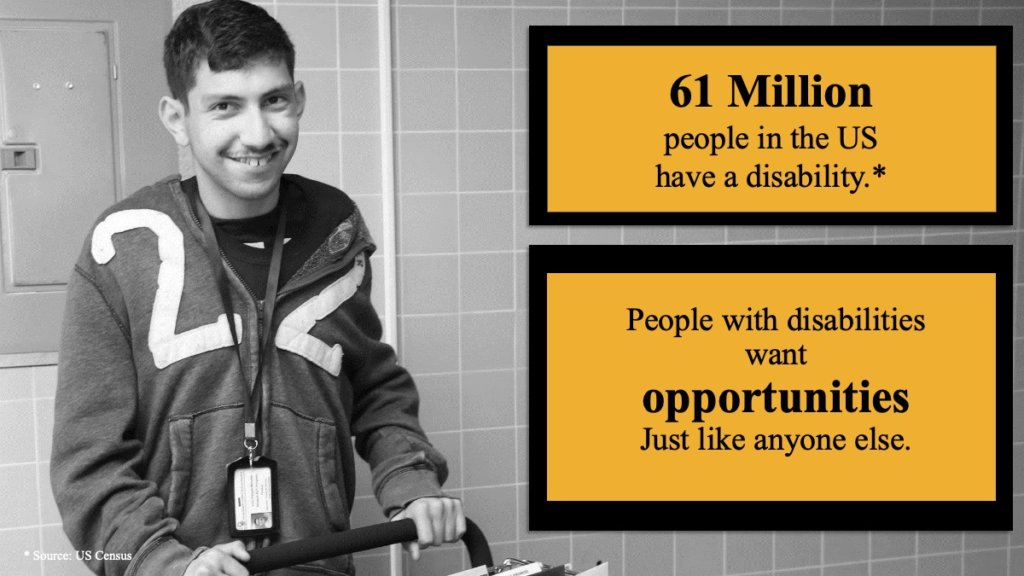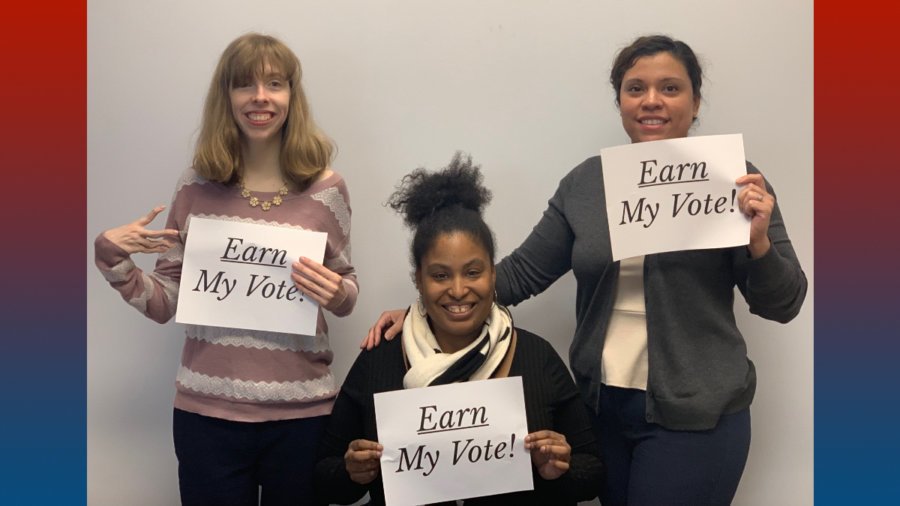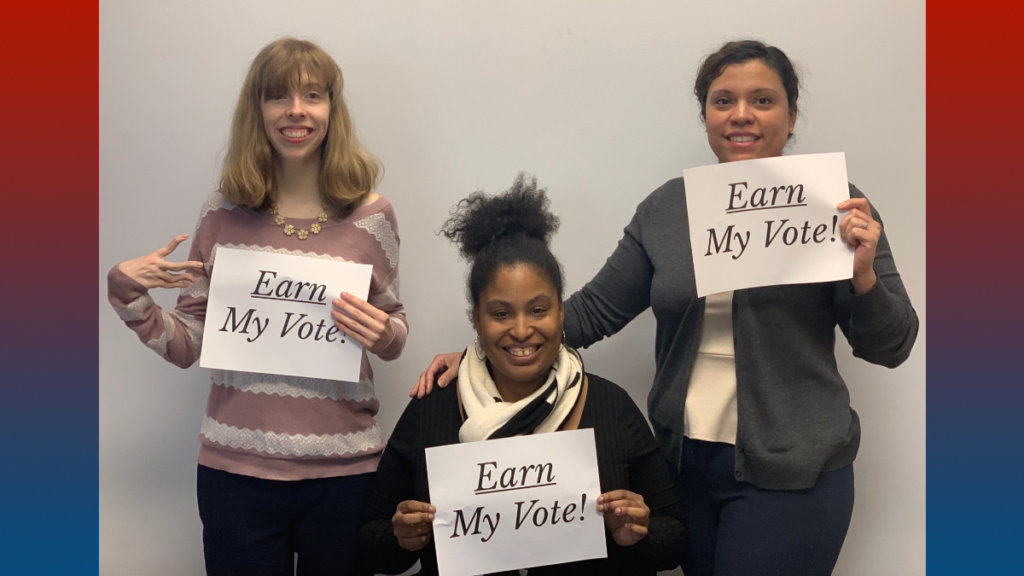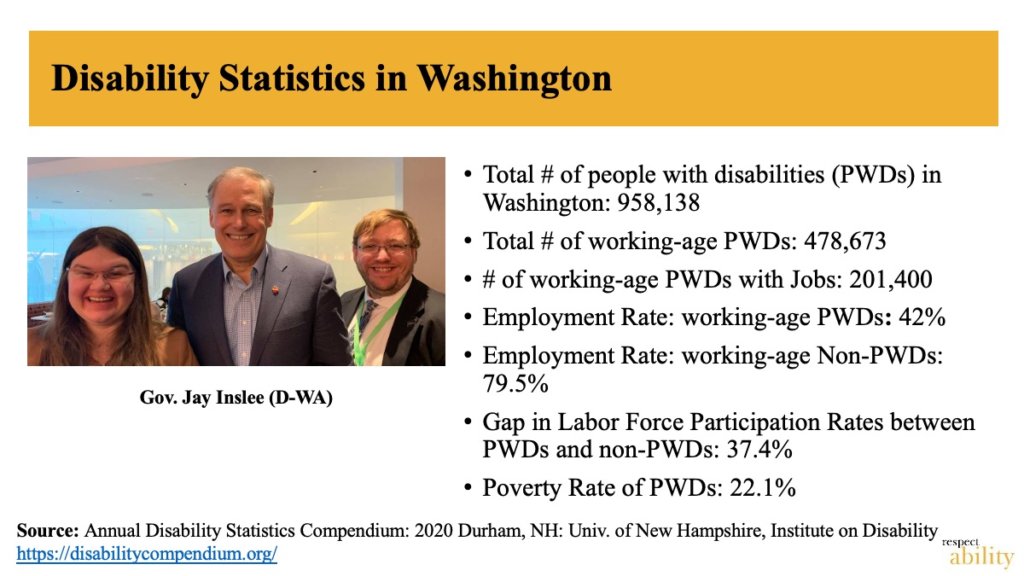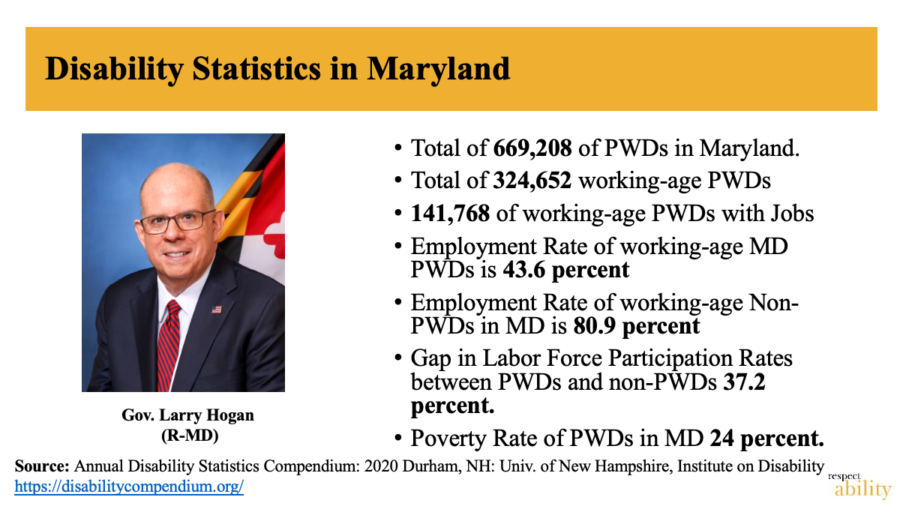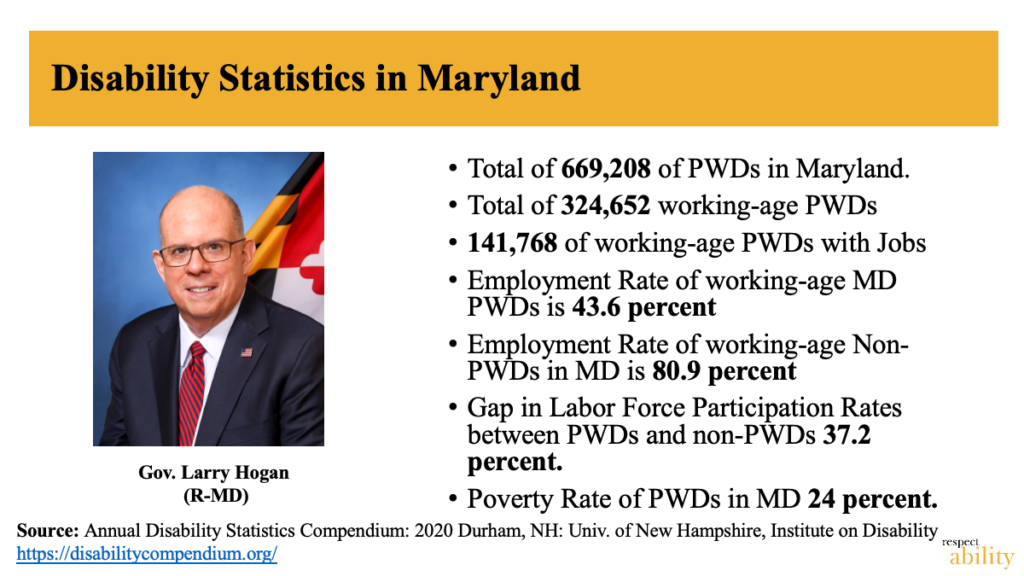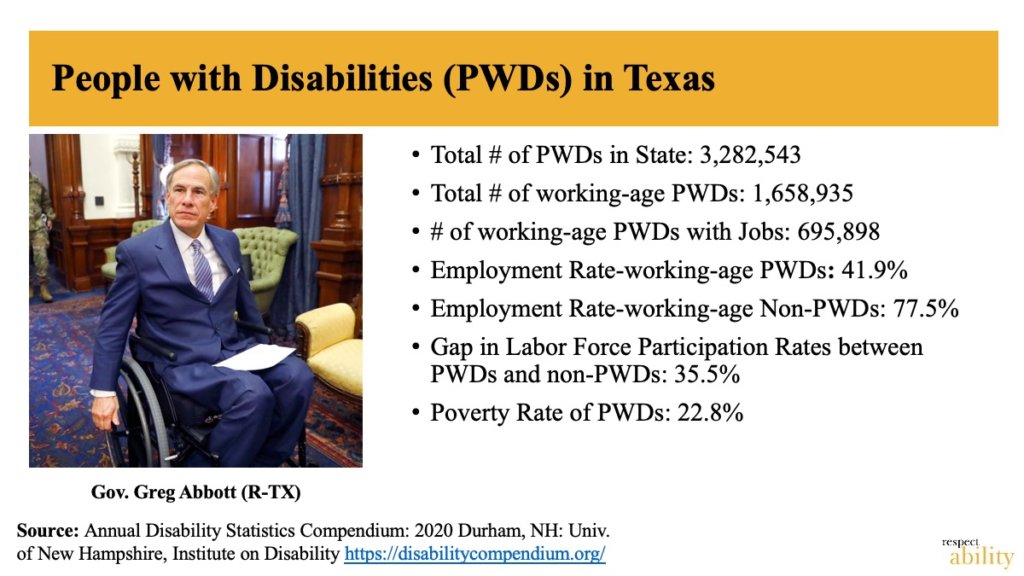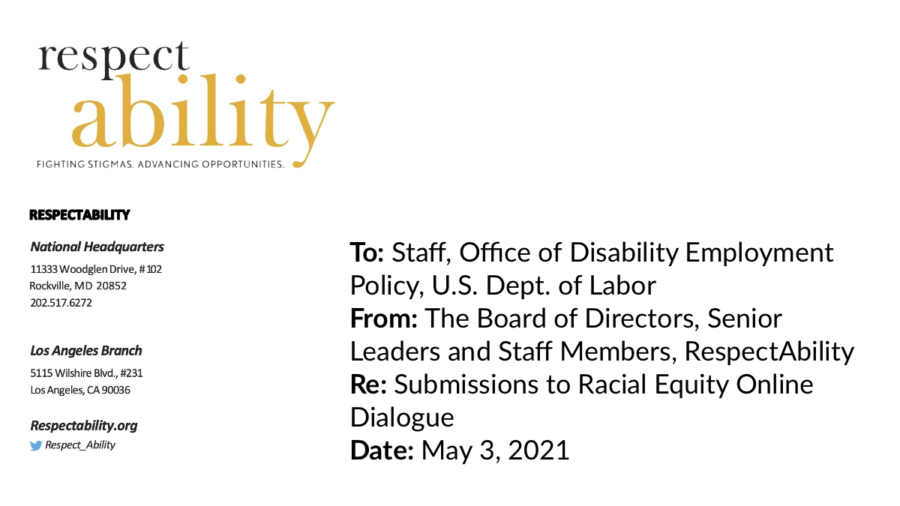Dear candidate:
RespectAbility, a national nonpartisan nonprofit organization fighting stigmas and advancing opportunities so people with disabilities can fully participate in all aspects of community, is preparing nonpartisan state voter guides of Democratic and Republican Senate and Gubernatorial candidates. These guides will cover a variety of issues that impact the 1-in-5 Americans who live with a physical, cognitive, sensory, mental health or other disability. This is being done in conjunction with our online publication, www.TheRespectAbilityReport.org, also known as www.VoteAbility.com, which is the definitive place for voters who care about the intersection of disability and electoral politics. [continue reading…]








